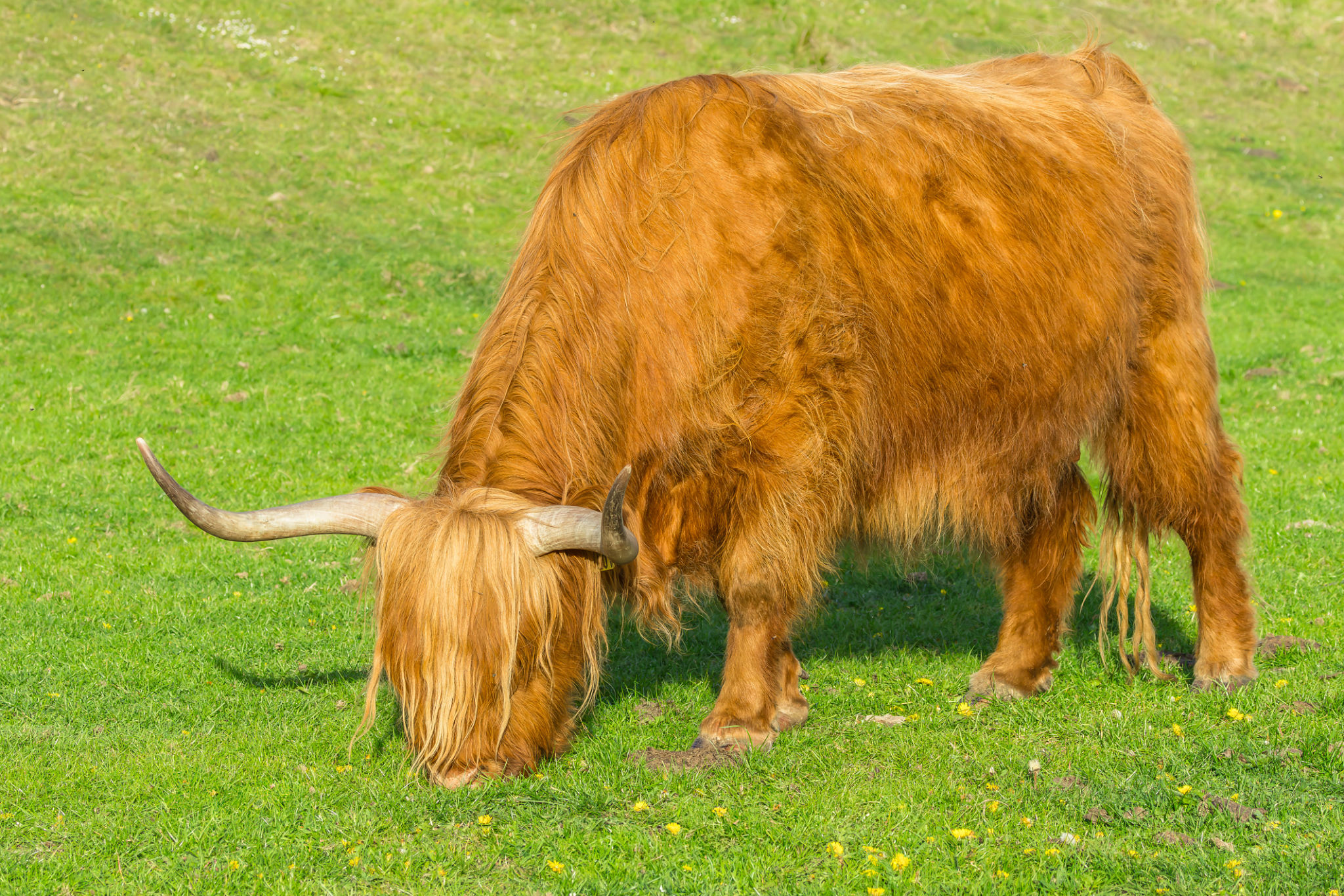Expert Advice on Raising Healthy Mini Highland Cattle
Introduction to Mini Highland Cattle
Mini Highland cattle are a charming and manageable breed known for their distinctive long hair and friendly disposition. These small yet robust animals are ideal for small farms or hobbyists interested in sustainable agriculture. If you're considering raising Mini Highland cattle, there are several important aspects to keep in mind to ensure their health and well-being.

Understanding Their Nutritional Needs
Proper nutrition is crucial for the health of Mini Highland cattle. Their diet should primarily consist of grass, as they are natural grazers. Supplement their diet with hay, especially during the winter months when grass is scarce. Ensure they have constant access to fresh water and consider mineral supplements to meet all their dietary needs.
When planning their diet, it's essential to consult with a veterinarian or a livestock nutritionist. They can provide specific recommendations based on the unique needs of your herd and the quality of available forage.
Supplemental Feeding
While grass and hay should be the primary components of their diet, you might need to provide supplemental feed in certain situations. This is particularly important for pregnant cows or cattle that require additional energy during colder months. Choose high-quality, cattle-specific feed to ensure they receive balanced nutrition.

Creating a Safe and Comfortable Environment
Mini Highland cattle require a secure and comfortable environment to thrive. They are hardy animals but still need protection from extreme weather conditions. Provide a sturdy shelter that offers shade in the summer and warmth during the winter.
Fencing is another critical aspect of their housing. Ensure the fencing is strong enough to contain these curious animals while keeping predators at bay. Regularly inspect and maintain the fencing to prevent any escape or injury.
Pasture Management
Effective pasture management is essential for maintaining the health of your Mini Highland cattle. Rotate pastures regularly to prevent overgrazing and allow time for grass to recover. This practice helps maintain soil health and provides a continuous supply of fresh forage for your cattle.

Health Care and Veterinary Support
Regular health care is vital for preventing disease and ensuring the long-term well-being of your Mini Highland cattle. Schedule routine veterinary check-ups to monitor their health and administer vaccinations as needed. Deworming should also be part of their regular health care routine.
Recognizing Signs of Illness
Being aware of the common signs of illness in cattle can help you address health issues promptly. Look out for symptoms such as lethargy, loss of appetite, or unusual behavior. If you suspect any health problems, seek veterinary assistance immediately to provide the necessary care.
By following these expert tips, you can raise healthy and happy Mini Highland cattle, ensuring they thrive on your farm or homestead for years to come.